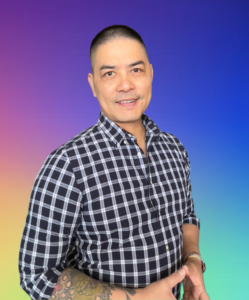Agoraphobia is sometimes mistaken to mean a fear of crowds or open spaces. But there is a little more to it; it provokes anxiety or a sense of panic you may experience in an environment where you feel unprotected or prone to danger, which can induce a fight or flight response. This typically can lead to avoidance of situations or events that feel limiting and, at times, isolating. This avoidance could come from not wanting to travel on public transport, which could impact your ability to travel to work or connect with family or friends. More severe conditions could be not wanting to leave the house or a ‘protected zone’.
Whether you’re experiencing mild or more severe symptoms, many therapeutic methods can be developed to identify and manage these feelings or fears.
In more severe circumstances, these limiting feelings or isolation can cause panic attacks that precede the onset of Agoraphobia. Some common symptoms of a panic attack may include chest pain, chills, headache, dizziness, difficulty breathing, nausea, sweating, or trembling. It is important to always know when to stop when working. And have a good time during non-working hours. In sports with friends or in an online casino. Recently, people have become very interested in the Slotogate platform as they can find a large number of online casinos and use the deposit method ecopayz casino
If you are experiencing panic attacks or milder symptoms, such as avoiding going outside or meeting friends, many therapists can help you break the cycle with support and guidance every step of the way.
Here are some common symptoms of Agoraphobia:
- Anxiety or panic attacks can be spurred when leaving a safe space, i.e., home or vehicle.
- Reluctance to venture beyond familiar territory without company.
- Fear of enclosed places.
- Bodily responses such as rapid heartbeat or hyperventilating.
- Fear of social situations or working environments.
- Fear of places or situations where escaping feels difficult.




